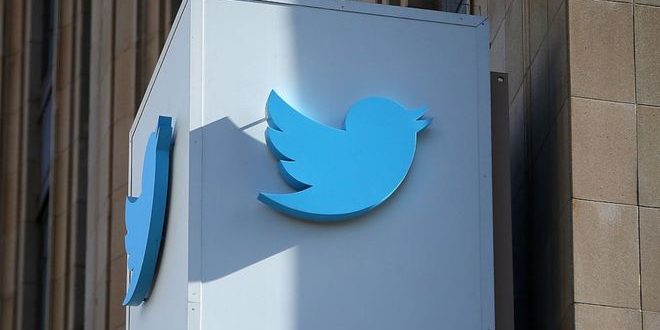There is no doubt that social media is changing the political landscape in Africa, with more politicians using the micro platforms to mobilise and grow their constituents.
For most constituents, easy access to social media has come in handy for them to hold political leaders accountable and also to push a political agenda. Ghana’s #FixtheCountry campaign and South Africa’s #ZumaMustFall movement are few of the many successful protests, which started on social media.
Due to these advantages, it has become necessary for political leaders to grow their following on social media to enable them as much as possible reach out to a larger group of people.
Data compiled by Africa No Filter between 2020-2021 shows that the top 10 most influential serving African politicians have a combined following of just over 24 million on Twitter however, a January 2022 data collected by Africanews shows that, the figure have risen to 27 million, indicating a general increase in social media usage.
Who are the most followed African politician on twitter?
Egyptian President, Abdelfattah Elsisi – 5.5 million
The sixth president of Egypt currently tops the list of Africa’s most followed politicians of Twitter with a following of 5.5 million since he joined the platform in 2014.
At the time of filing this report, his last post on twitter was on the 25th January with thousands of engagement. A cursory look at his page shows that the page does not receive daily updates. Tweets on this accounts ranges from health, economy, education…etc
Kenyan vice president, William Ruto – 4.4 million
The account by the Kenyan vice president, which was created in 2011, comes across as one of the most active pages with hourly updates of official duties. This has attracted thousands of engagement from the public.
Nigerian President, Muhammadu Buhari – 4 million
As president of Africa’s most populous nation, one would probably expect more than four million having joined Twitter since 2014. Like his counterparts from other countries, his page has updates of his official duties and has thousands of engagements but has not been updated since middle of June last year.
Rwandese President Paul Kagame – 2.5 million
The Twitter page of the Rwandan president has regular posts about national events and family. The page was created in May 2009. As at the time of filing this report, the last update on the page was on January 23. Before then, was on New Year’s Day, when he joined his family to “wish each of you a happy and blessed New Year. Together we will overcome this pandemic and continue building the prosperous nation we want.”
Uganda’s Yoweri Museveni – 2.4 million
The page of Uganda’s president which was created in March 2010 is one of the most active as compared to that of his counterparts. There are constant tweets updating followers on events of national interest.
Ghana’s Nana Akufo-Addo – 2.1 million
Ghana’s president also joined Twitter in February 2011 and has so far been able to win 2.1 million followers. This page has been used to project most government projects and announce most of government’s plans.
South African President Cyril Ramaphosa – 2.1 million
Created in January 2015, South Africa’s president Cyril Ramaphosa currently has 2.1 followers. He may be on the same page with his Ghanaian counterpart in terms of following but does not have enough engagement as compared to Akufo Addo. Though there are daily updates on the page, it appears engagement is quite minimal.
Senegalese president, Macky Sall comes through with 1.8 million followers after joining the platform since October 2010 whiles Ethiopia’s Abiy Ahmed Ali has 1.1 million with an account created in September 2019. Tanzania’s president, Samia Suluhu is almost hitting one million with 904.3 000 followers
Research by Statista in 2021 shows that in Northern Africa, 45 percent of the population used social media, while in Southern Africa this figure stood at 41 percent.
In Central Africa, only eight percent of the people used social media, the lowest rate across Africa, the lowest regional share worldwide.
In East Africa, Kenya, Tanzania, and Uganda have the highest numbers of social media users, with 11 million, 5.4 million and 3.4 million active social media users respectively.
With the increasing followers of political larders on twitter alone, it is likely these figures may have also increased over the period.
Social media growth has seen politicians in Africa deploy aggressive digital public relations machinery across various social media platforms to either gain clout or engage supporters.
In the same vein, some leaders seem threatened by the way digital media make it possible to share information and organise. For this reason, the continent has experienced series of social media shutdown in recent years.
Research shows that 2020 saw 156 full or partial shutdowns of the internet or social media like Facebook, Twitter and WhatsApp. The trend continues as Ethiopia and Burkina Faso are currently experiencing a shutdown of some social media platforms.
 Home Of Ghana News Ghana News, Entertainment And More
Home Of Ghana News Ghana News, Entertainment And More





